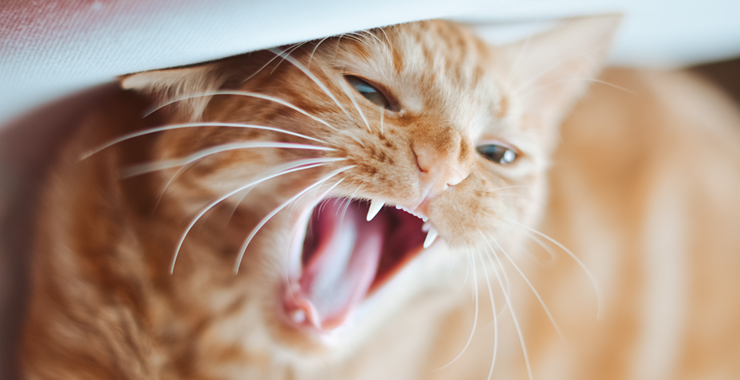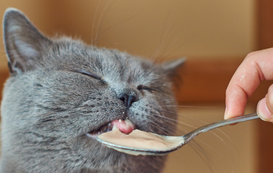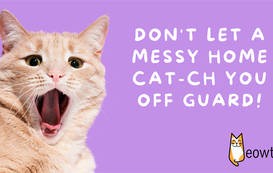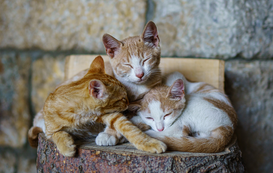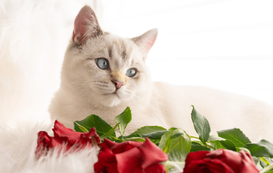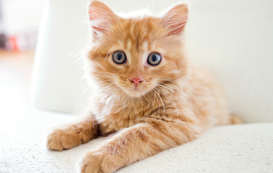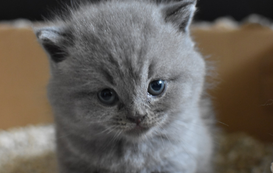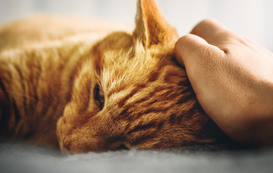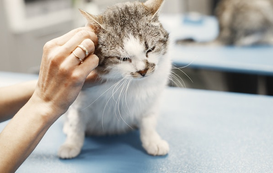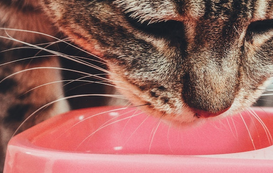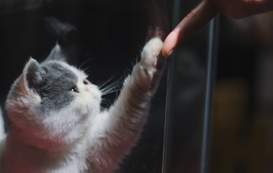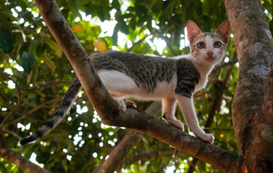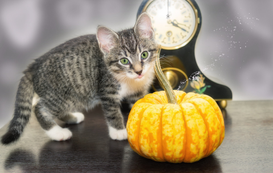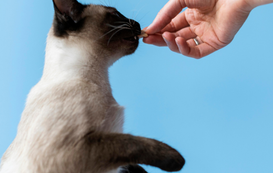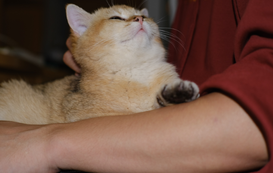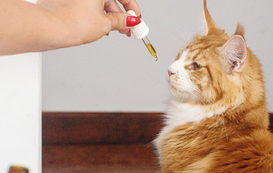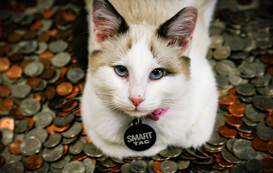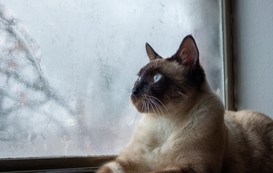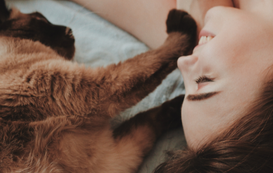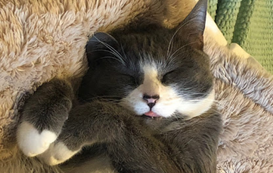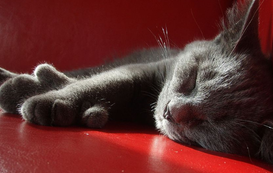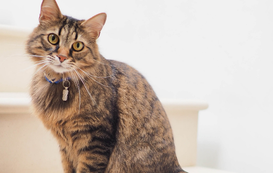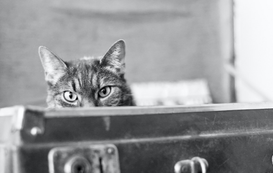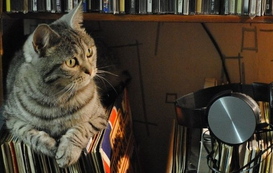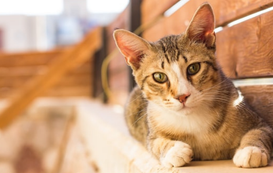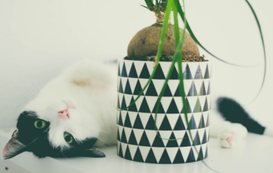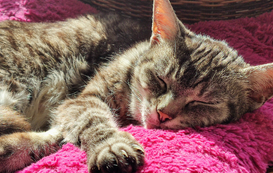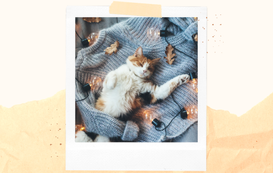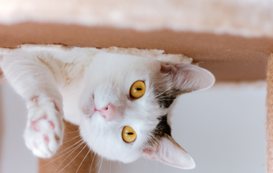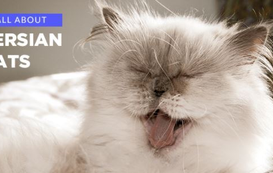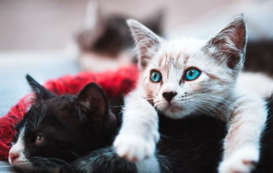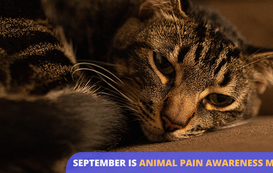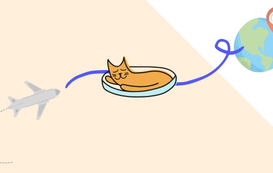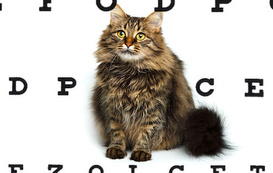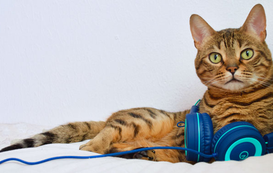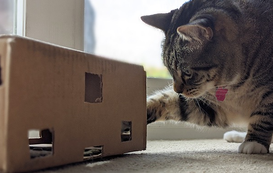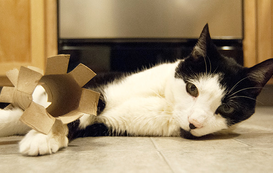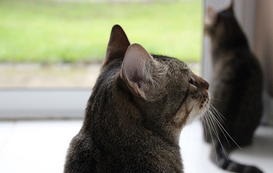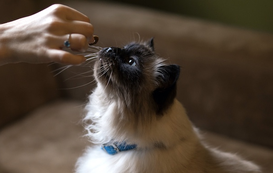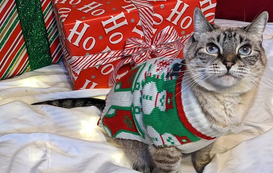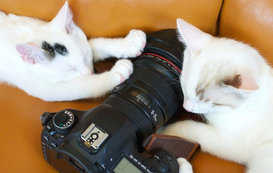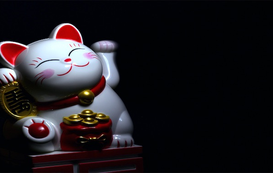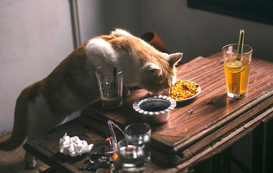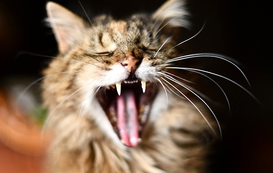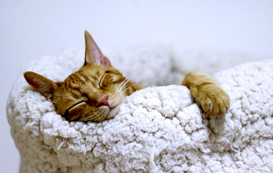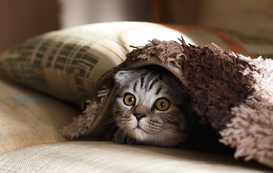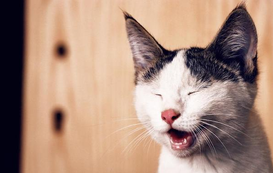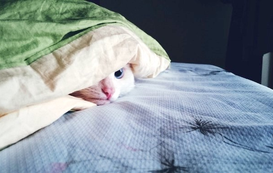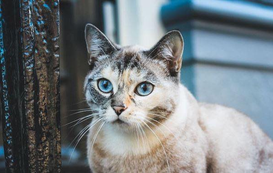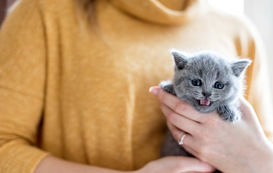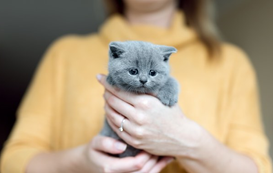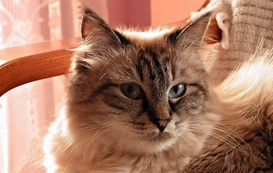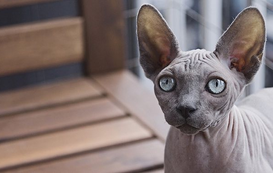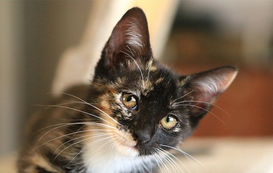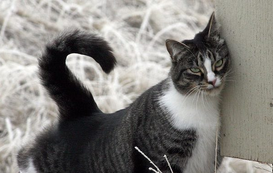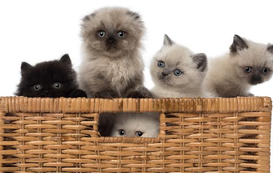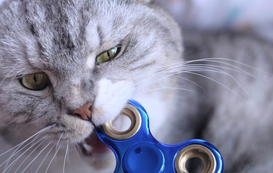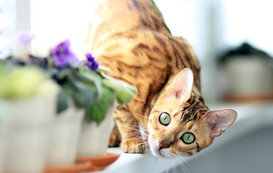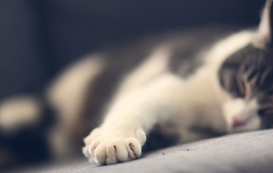If your cat has ever coughed up a massive hairball, you know how concerning it can seem! Hairballs are a common issue for many cat owners. Understanding the reasons behind their formation and implementing preventive measures can help keep your furry friends healthy and comfortable. Let's explore the causes of hairballs in cats, their potential impact on feline health, and strategies to reduce and prevent their occurrence.
Why do some cats get hairballs?
Cats are meticulous groomers, and their tongues have tiny barbs that help remove loose fur from their coat. While grooming is essential for maintaining cleanliness and regulating body temperature, it also results in the ingestion of a significant amount of hair. As cats groom themselves, they inevitably swallow some of their loose fur. Most of the hair passes through the digestive system without issue. However, some hair may accumulate in the stomach, leading to the formation of hairballs. Some cat breeds, such as long-haired breeds like Persians and Maine Coons, are more susceptible to hairballs due to the increased amount of fur they shed and ingest during grooming.
The impact of hairballs on feline health
In most cases, hairballs are harmless and can be expected as a normal part of a cat's grooming routine. Occasional hairball regurgitation, though unpleasant to witness, does not pose a significant health risk to the cat. However, in some instances, hairballs can lead to more severe health issues. If a hairball remains lodged in the digestive tract, it may cause blockages, leading to discomfort, vomiting, loss of appetite, and, in severe cases, intestinal obstruction, which requires immediate veterinary attention.
Reducing and preventing hairballs
Fortunately, there are several practical steps cat owners can take to minimize the frequency and impact of hairballs.
Regular grooming: One of the most effective ways to reduce hairballs is to help your cat with grooming. Regularly brushing your cat's fur will remove loose hairs before they can be ingested. The frequency of brushing will depend on your cat's coat length and shedding patterns, with long-haired cats requiring more frequent sessions.
Hairball-formula cat food: Many pet food companies offer hairball-control formulas that contain added fiber. This fiber aids in the passage of hair through the digestive tract, reducing the likelihood of hairballs forming. Consult your veterinarian to find the best hairball-control food for your cat's specific needs.
Hairball remedies and lubricants: Over-the-counter hairball remedies and lubricants can be used to help hairballs pass through the digestive system more easily. These products work by coating the hairball and facilitating its movement through the intestinal tract.
Increased water intake: Ensuring your cat drinks plenty of water can also help prevent hairballs. Adequate hydration aids in digestion and helps the hair pass smoothly through the gastrointestinal tract. We've got plenty of tips here!
Cat grass or safe plants: Offering your cat cat grass or safe plants to chew on can be beneficial. The rough texture of these plants can help dislodge hair from your cat's stomach and promote natural elimination.
When to seek veterinary care
While hairballs are often a normal part of a cat's life, there are instances when they require medical attention. Pet owners should be vigilant for the following signs:
- Frequent or persistent vomiting: If your cat is regurgitating hairballs excessively or if there is blood in the vomit, it may indicate an underlying health issue that requires veterinary evaluation.
- Lethargy and loss of appetite: Cats with lodged hairballs may exhibit signs of discomfort, such as lethargy and a reduced appetite. If these symptoms persist, consult a veterinarian promptly.
- Straining in the litter box: Difficulty in passing stools or frequent attempts to defecate without results may suggest a hairball-related blockage or other gastrointestinal problem.
In Summary
Cat hairballs are a common occurrence in feline companions, especially in long-haired breeds. While they are generally harmless, it's essential to take preventive measures to reduce the likelihood of more severe complications. Regular grooming, the use of hairball-control cat food, hairball remedies, and ensuring your cat stays hydrated are all practical steps you can take to keep your furry friend happy and healthy. However, if you notice any concerning symptoms, such as excessive vomiting or changes in your cat's behavior, seek veterinary care promptly. A well-informed approach to hairball management will help ensure your cat enjoys a comfortable and hairball-free life.
If you're looking to keep track of your kitty's hairball regurgitation while you're out of town, Meowtel can help! Book a cat sitter on Meowtel, and consider mentioning any concerns to your sitter at a meet and greet.
Sources:
Cornell Feline Health Center. 'The Danger of Hairballs' Cornell University College of Veterinary Medicine. Accessed from https://www.vet.cornell.edu/departments-centers-and-institutes/cornell-feline-health-center/health-information/feline-health-topics/danger-hairballs on 27th July 2023.
American Society for the Prevention of Cruelty to Animals (ASPCA). 'Minimizing Hairballs in Cats.' ASPCA. Accessed from https://www.aspcapetinsurance.com/resources/minimizing-hairballs-in-cats/ on 27th July 2023.
International Cat Care. 'Grooming Your Cat' International Cat Care. Accessed from https://icatcare.org/advice/grooming-your-cat/ on 27th July 2023.
Ready to help your kitty stay hairball-free? Find a cat sitter on Meowtel today!

